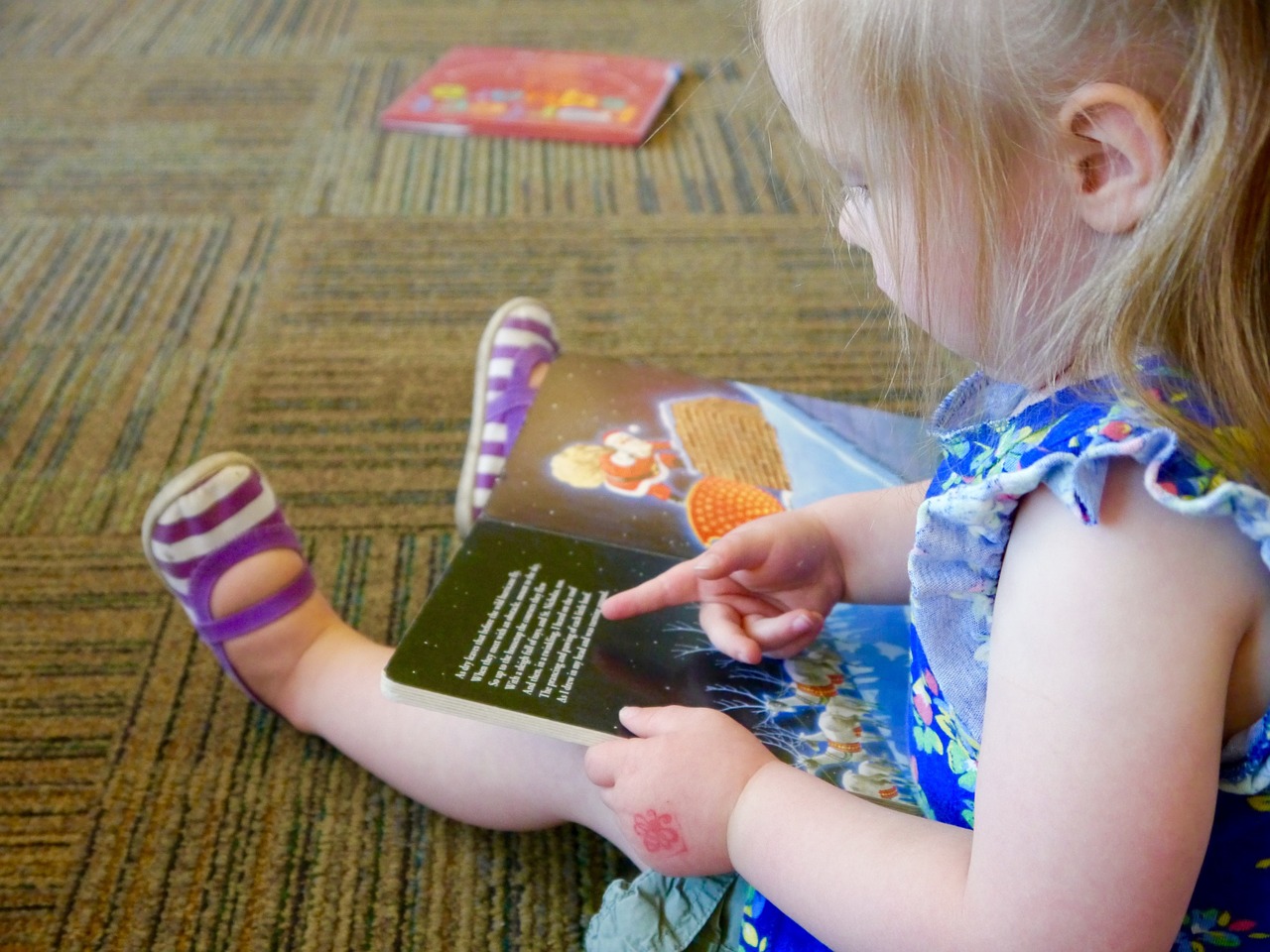
Your Kid Will Learn in Kindergarten, the early school years are full of excitement and growth — and new academic expectations. Find out what skills you can expect your child to master in kindergarten, and how to help your child develop them outside the classroom.
It’s your child’s first official year of school, and you’ll be amazed by how much she flourishes in kindergarten. How can you help your child succeed from her very first school day? Help her build self-confidence when it comes to learning; by being her biggest cheerleader you’ll instill a love of learning that will last throughout her life and will help her meet specific goals each year. There will be focus throughout this year on mastering letters, sounds, and words. You’ll watch with delight as she takes her first steps toward reading and writing correctly, especially when those activities are linked, both at school and at home. Help your kindergartner have fun with language in everyday life this year and watch as her vocabulary explodes. She will learn key fundamentals of math this year, too, and there will be countless ways (no pun intended) to encourage this. Educational standards vary across states, districts, and schools, and no two children learn at exactly the same rate, so don’t panic if your little one doesn’t start to read at the same time as the neighbor’s kid. Here are the important learning milestones children will typically achieve in kindergarten, with tips for helping your child stay on track at home.

Letters and Sounds
At School: By the end of kindergarten, kids will be able to recognize, name, and write all 26 letters of the alphabet, both uppercase and lowercase. They will know the correct sound or sounds that each letter makes and they will be able to read about 30 high-frequency words — also called “sight words” — such as and, the, and in.
At Home: Keep reading aloud to your child. “Reading to your children at home not only makes them enjoy reading, but it also helps them in school,” says Susan Quinn, a reading specialist and elementary school teacher at Saint Brendan School in the Bronx, New York. Reading together nurtures companionship and fun and builds concentration, focus, and vocabulary. Look for books about your child’s particular interests and get suggestions from the librarian, but make sure the books are not too hard. “It’s always better to start them on easier books, because then they feel successful, and that spurs them on, so they’ll read more,” Quinn says. Dr. Seuss books, with their rhymes and simple words, are perfect for this age, Quinn says. Kids learn through repetition, so read the same favorite books over and over, ask questions, and encourage your child to say simple words aloud. Throughout the day, have her say the words she sees on street signs, billboards, and computer screens, or have her search for high-frequency words in a magazine.
Writing
At School: In class, kids will be taught to write simple CVC (consonant, vowel, consonant) words, such as hat, red, and dog. They will also write short, simple sentences such as “The cat ran home.”
At Home: Keep a special box or bin at home filled with writing materials (crayons, pencils, markers, paper, and notepads) so your child can practice writing simple sentences about special things he’s done or seen during the day. Ask about what he’s written, and have him read it aloud. Offer encouragement by displaying his writings on the refrigerator or on her bedroom wall.
Numbers and Counting
At School: Kids this age will learn to recognize, write, order, and count objects up to the number 30. They will be able to add and subtract small numbers (add with a sum of 10 or less and subtract from 10 or less); this focus on addition and subtraction will continue through second grade.
At Home: Get your kindergartner to look for the numbers one through 30 in magazines and newspapers. He can cut them out, glue them on paper, and put them in order. When you’re riding in the car or waiting in line, play a game of “What comes next?” Give your child a number and ask him to identify the following number. At bedtime, ask him to count how many stuffed animals he has, and ask, “How many books about dogs do you have? How fast can you count them?” Take two of these books away and ask, “How many are left?”
Printable Numbers Worksheets
Shapes and Objects
At School: Kids will learn how to name and describe common shapes (circle, square, triangle, rectangle) and to identify, sort, and classify objects by color, size, and shape.
At Home: Talk about the properties of common shapes: What makes a rectangle a rectangle? How is it different from a triangle? Introduce a “Draw a shape” game, and take turns with your child drawing rectangles, circles, and squares. Have your child organize toys by types — she can gather same-size blocks into a pile or pick up Legos by color. Take out an old box of buttons and have your child sort them by size and number of holes. For added fun, have her sort special treats, like M&M’s, by color.
Printable Shapes Worksheets
Time and Seasons
At School: Kindergartners will be able to identify the time of everyday events to the nearest hour. They will understand, for example, that they leave for school at 7:00 in the morning or that they eat dinner at 6:00 in the evening. But it will still be hard for them to grasp fully the concept of time because they’re concrete thinkers and time is abstract.
At Home: Help your child understand the concept of time by saying what time it is during routine activities. Use and explain words like morning, noon, night, yesterday, today, and tomorrow. Make a timeline together showing a typical day, with drawings of regular events and the time of day written beneath each one. In addition to learning about time, 5- and 6-year-olds can name the four seasons, so chart changes in the weather together on a special weather calendar to help your child learn how the seasons change. Find pictures illustrating the seasons (colorful leaves, snow, blooming flowers) and discuss what your child sees in them. Talk about what clothing you can both wear during each season.

3 Comments
Aman Vora
April 27, 2020 at 1:58 pmA great article looking ahead to read a more informative article like this
Tim
October 19, 2020 at 11:09 amSuperb article looking ahead to read more articles like this ahead.
Day Care Karana
February 26, 2024 at 2:44 amAllowing your baby to experience kindergarten is beneficial as it provides essential early socialization, fostering crucial interpersonal skills from a young age. Kindergarten offers a structured yet playful environment, promoting cognitive development through activities that stimulate learning and creativity. This early exposure to a school setting helps build a foundation for future education, encouraging a positive attitude towards learning and social engagement.